We’re at the point now where the only question for me is “how high”? The first two episodes are truly spectacular, and judging by the reviews and aggregator scores it seems a safe bet that the rest of Pluto doesn’t drop the ball in any way. And why should it? The source material is truly elite, and it’s obvious that the team Maruyama Masao assembled has the chops to do it justice. I’ve said all along (without truly expecting it) that if this manga got a really top-shelf adaptation it would be in anime of the decade territory. Well, it just may be happening – I can’t say that yet, but at this point the floor seems to be serious AotY contender (in a very tough year to contend).
I have a page full of notes on that episode, but the show is so good and the material so smart and dense that it seems almost pointless to try and dissect it. On the groundwork that Tezuka has laid Urasawa is unspooling a truly fascinating detective story. At the same time, he’s fleshing out every character with far more nuance and depth than the average series protagonist, and subtly deconstructing themes of racism and global politics (as he often does). Pluto is good enough at a bunch of different things that any one of them would be a great anime. It just happens to have all of them rolled into one.
The way Urusawa constructs the series does lend itself to the elevation of every major character. Atom and Gesicht are the closest thing to true protagonists here, but so many others are allowed to fully flower during their time in the spotlight. We briefly saw Atom (Hikasa Youko) at the end of the first episode, and he commands much attention in the second. Atom is a hugely important character in every sense, not least in that he’s Urusawa’s most direct link to Tezuka’s original and one of the most recognizable figures in Japanese entertainment. But he’s also a crucial player in the story, because he’s the most advanced of all the seven great robots. And the most human-like – though whether that’s the same thing is one of the fascinating questions Urusawa (and Tezuka) ponder.
Atom is a kind of “zettai shounen” – an adorable and utterly real boy who also happens to be probably the smartest being on Earth. Gesicht is fascinated by him – the way he seems balanced between human and robot, the way he mimics human actions with unerring accuracy and utter sincerity. But Gesicht is in Japan for a reason of course – to warn Atom about what’s happened in Europe, and why he suspects Atom himself could be in danger. Atom asks to see Gesicht’s memory chip, and after some hesitation – even Gesicht is reflexively taken in by the boy’s appearance and demeanor – the detective relents. Atom’s AI is miles ahead of his own, and it would be foolish not to let him peruse the evidence and search for answers Gesicht missed.
When another robot activist (this time the one who originally wrote the International Robot Laws) is murdered in Japan, Superintendent Tawashi (Hashi Takaya) and Inspector Nakamura (Aoyama Yutaka) are put in charge of the case. Eventually Atom joins them – it’s clear he’s worked with the police before (and it’s implied he’s a part of Europol). This is a showcase both for Atom’s astonishing detective skills and the casual racism directed at robots throughout Pluto, as Tawashi makes no effort to hide his bigotry. When Nakamura cautions Atom that the body (part of a very well-executed 3-D re-creation sequence) is not for the eyes of a child, Tawashi sneers that Atom is “not a real child, he’s just a robot”.
Tawashi is convinced the killer is a robot for much the same reason Gesicht suspected it in the Frankfurt case, but Atom unearths evidence to the contrary. A piece of that evidence – an ink-stained business card – connects the case to Professor Ochanomizu (Furukawa Toshio), Atom’s creator (and another iconic Tezuka character). Concerned, Atom comes to Ochanomizu’s lab and the professor reveals the connection between himself and the two murdered humans. They all served on the BORA commission, investigating “robots of mass destruction” claims leveled at the Kingdom of Persia by the president of the “United States of Thracia” (oh, boy). The RMDs were never found, but the 39th Central Asian War ensued anyway (oh, boy).
As did the first episode, this one shifts gears midway to focus on another of the seven – in this case two of them. Brando (Kiuchi Hidenobu) is based in Istanbul, and Hercules (Koyama Rikiya) in Athens. Both are “pankration suit” fighters, and both veterans of the 39th Central Asian War. As with North No. 2 there’s never any question of Brando’s fate – he hoists an entire United Nations HQ worth of death flags in his time on-screen. In that sense Pluto is fundamentally a tragedy, as we know what’s going to happen and the pathos comes from the build-up to that.
Gesicht visits both men to warn them, stopping first in Turkey and spending an evening with Brando and his extremely lively family. Brando has a huge heart, and the death of Mont Blanc – another war comrade – has broken it. He speaks of what a lucky man he is, and how his adoption of his five children has given him a desire to live on (hoist that flag). But ultimately he ignores Gesicht’s pleas to be careful and lures the killer to an isolated spot on the Black Sea coast, far from his loved ones, with the intent of taking it out himself and avenging his friend. He patches through to Gesicht, Hercules, and Atom when he’s attacked. And though Brando says he’s taken down the enemy despite being taken down himself, it soon becomes clear that didn’t happen.
Tragedy cuts through this story on so many levels. It’s clear most of the seven were created as killing machines, and the weight of what they’ve done is one they carry with them. Atom wasn’t created for that purpose of course, but Atom is a person of such empathy that his own burdens are obviously massive. He sees something in Brando’s dying transmissions (mostly a vision of his wife and children) the others didn’t – a “noise” that he associates as “Shinigami…emotion…overwhelming pain”. Is this Pluto, the God of Death incarnate?
It’s hard to overstate just how compelling all this is – and not only because of Urasawa and Tezuka’s writing, either. The sound design here is phenomenal, and the cast is hitting all their marks with flying colors. Hikasa as Atom was an interesting choice, as she has relatively little experience playing boys, but despite going up against heavy hitters at every turn she’s holding her own thus far. The hard thing for me, really, is knowing the whole series is out there when I’m disinclined to binge it even if I had the time (which I don’t). I know that impacts buzz and discussion for a series, and that really annoys me. I was planning on an episode a week, but Pluto is so good it’s going to be almost impossible to stick to that plan.


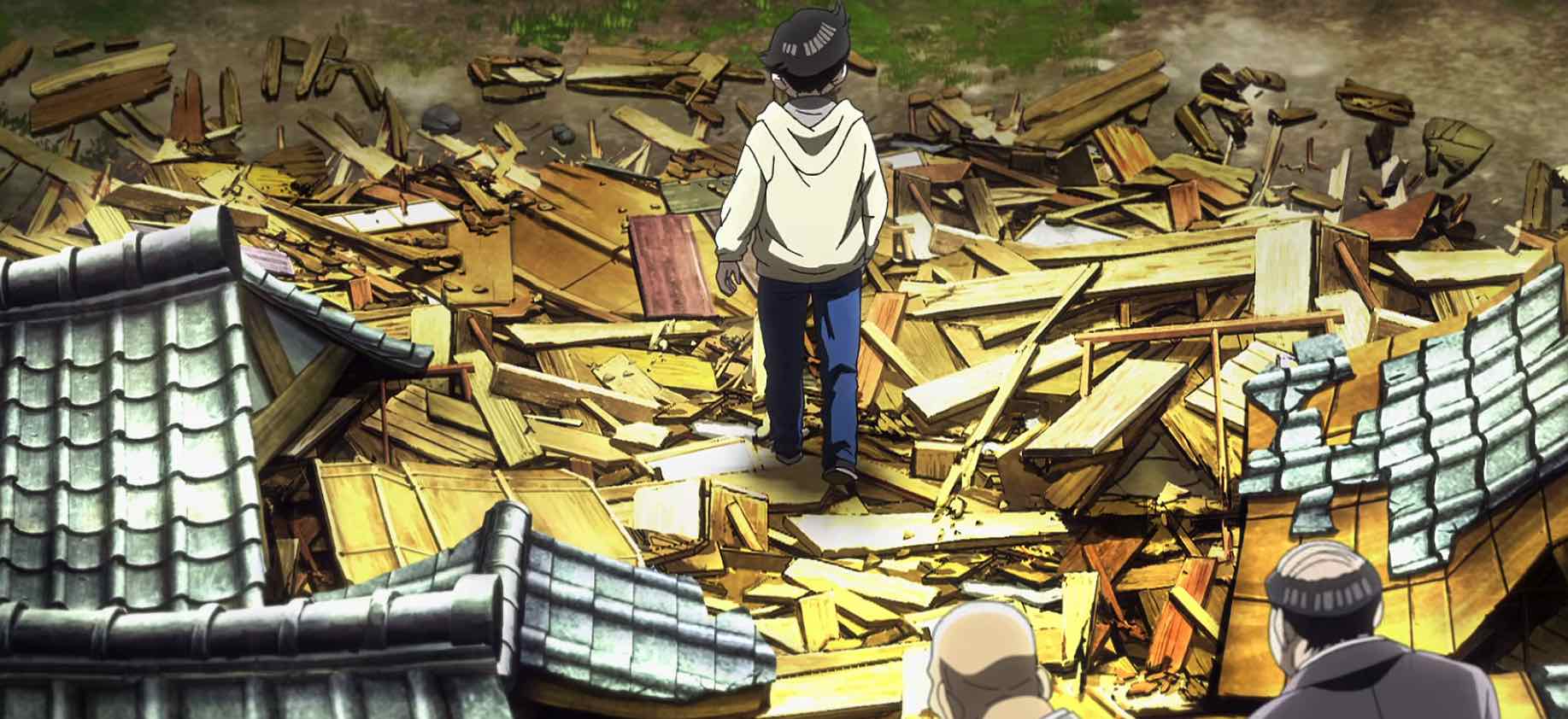
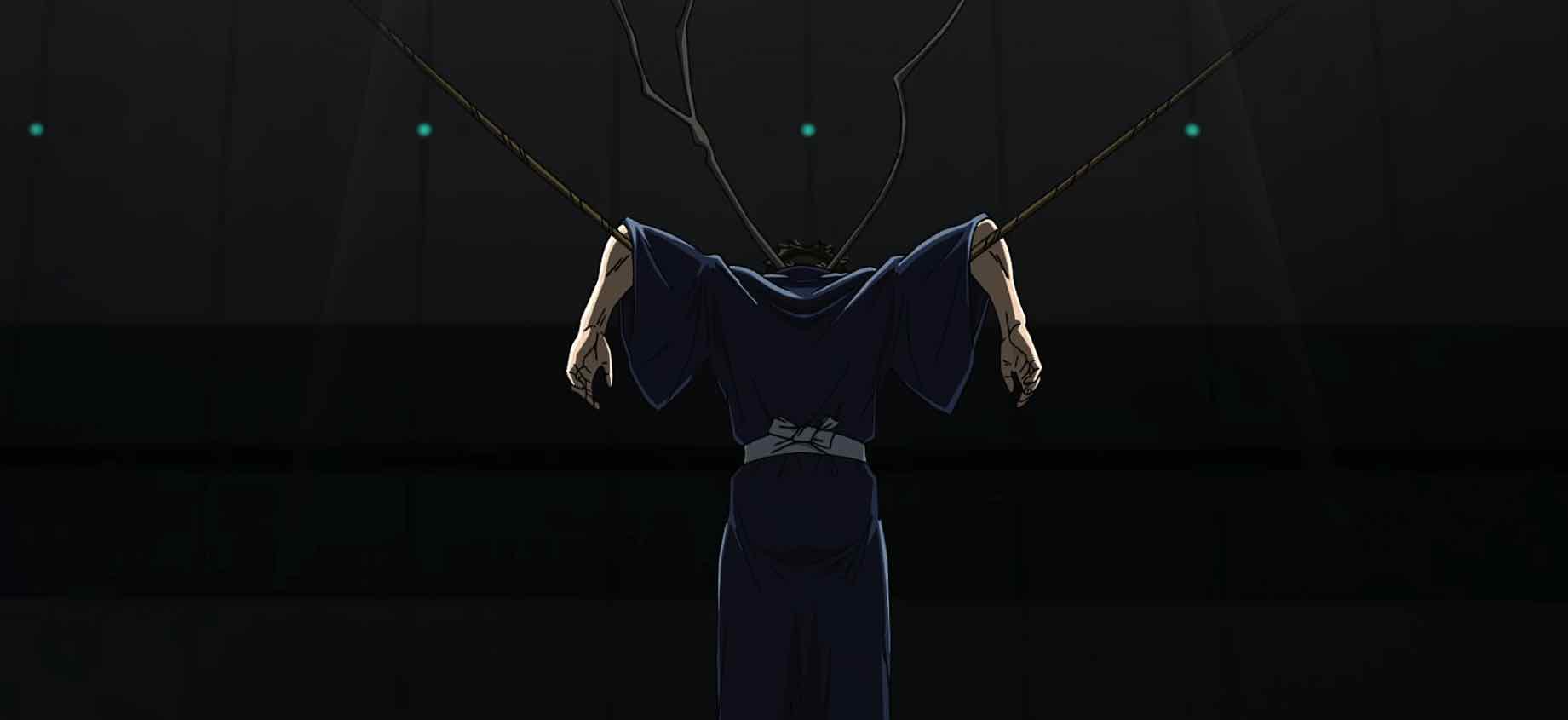
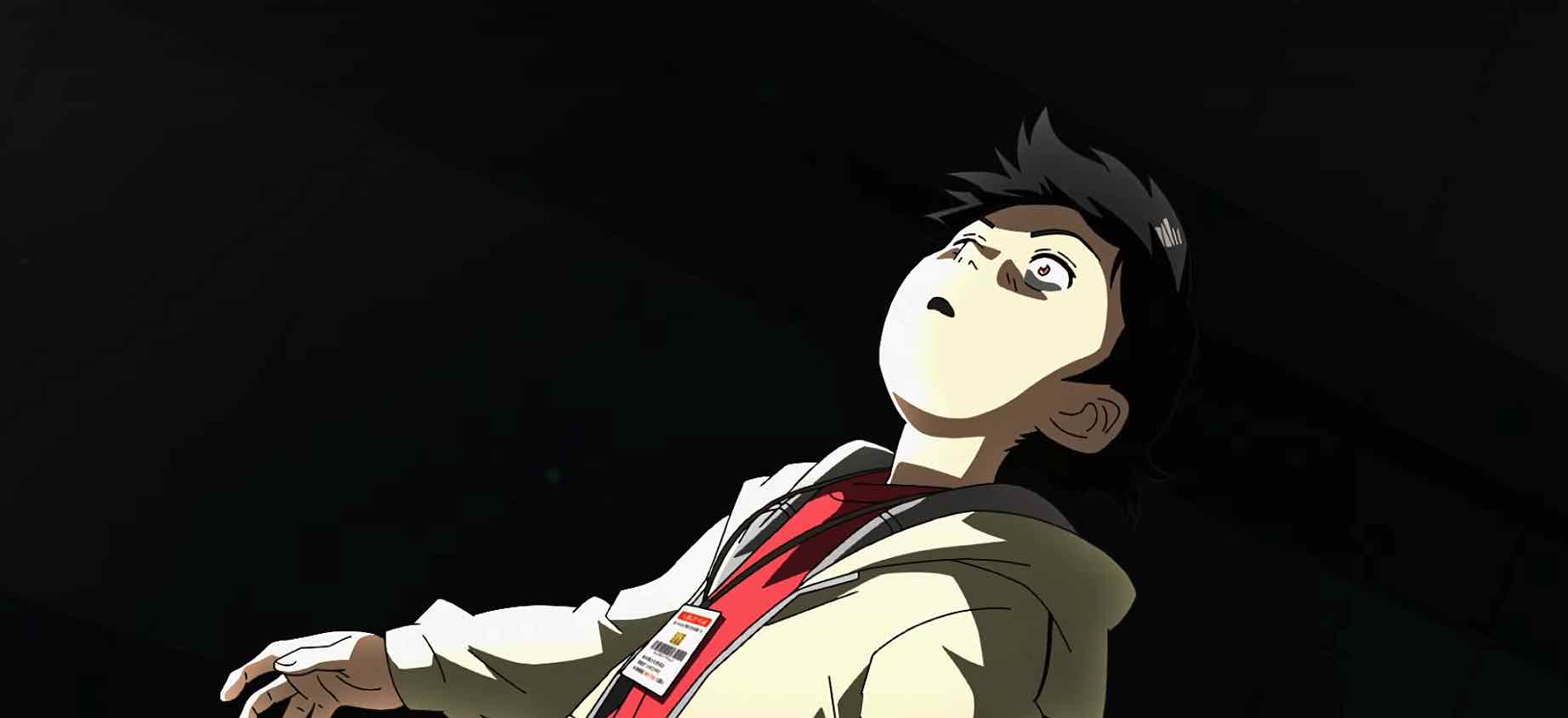
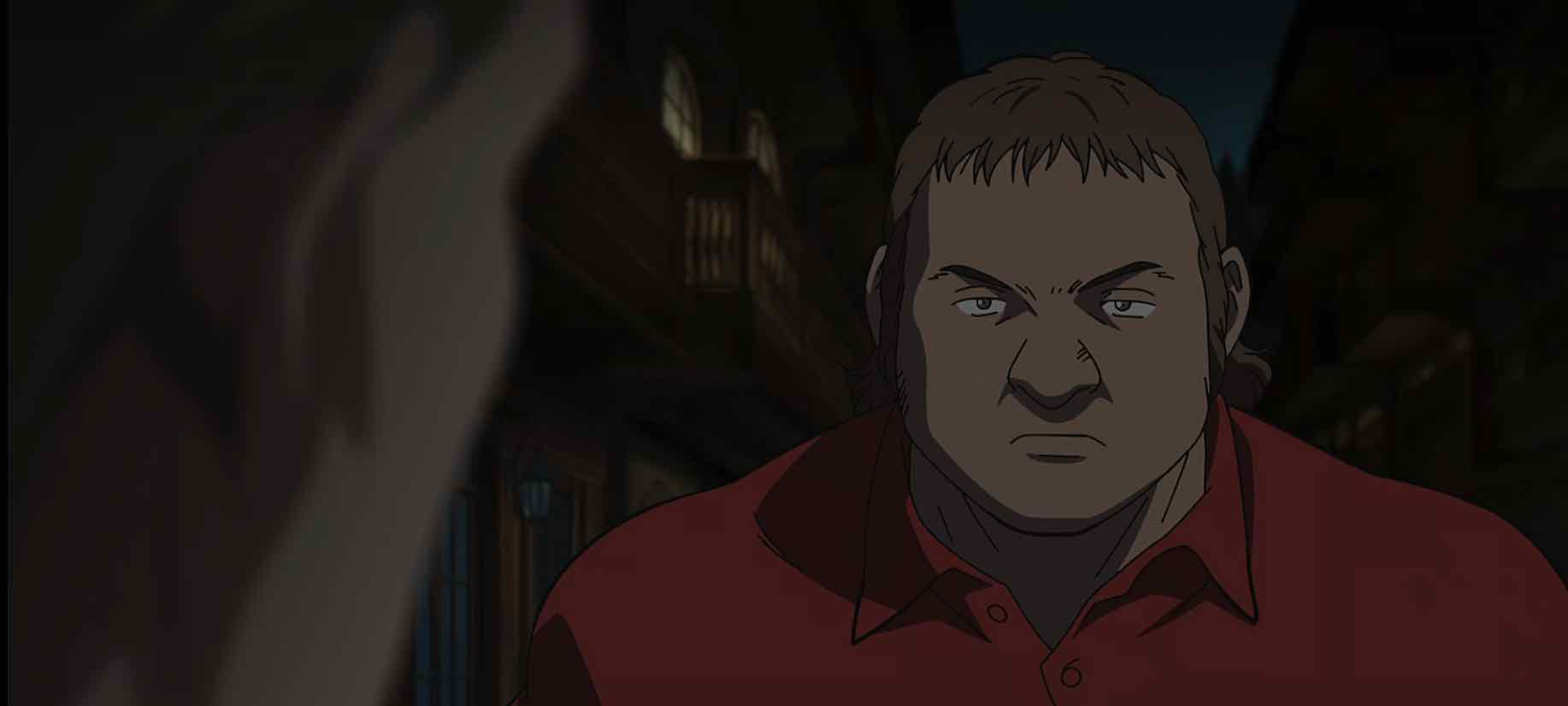
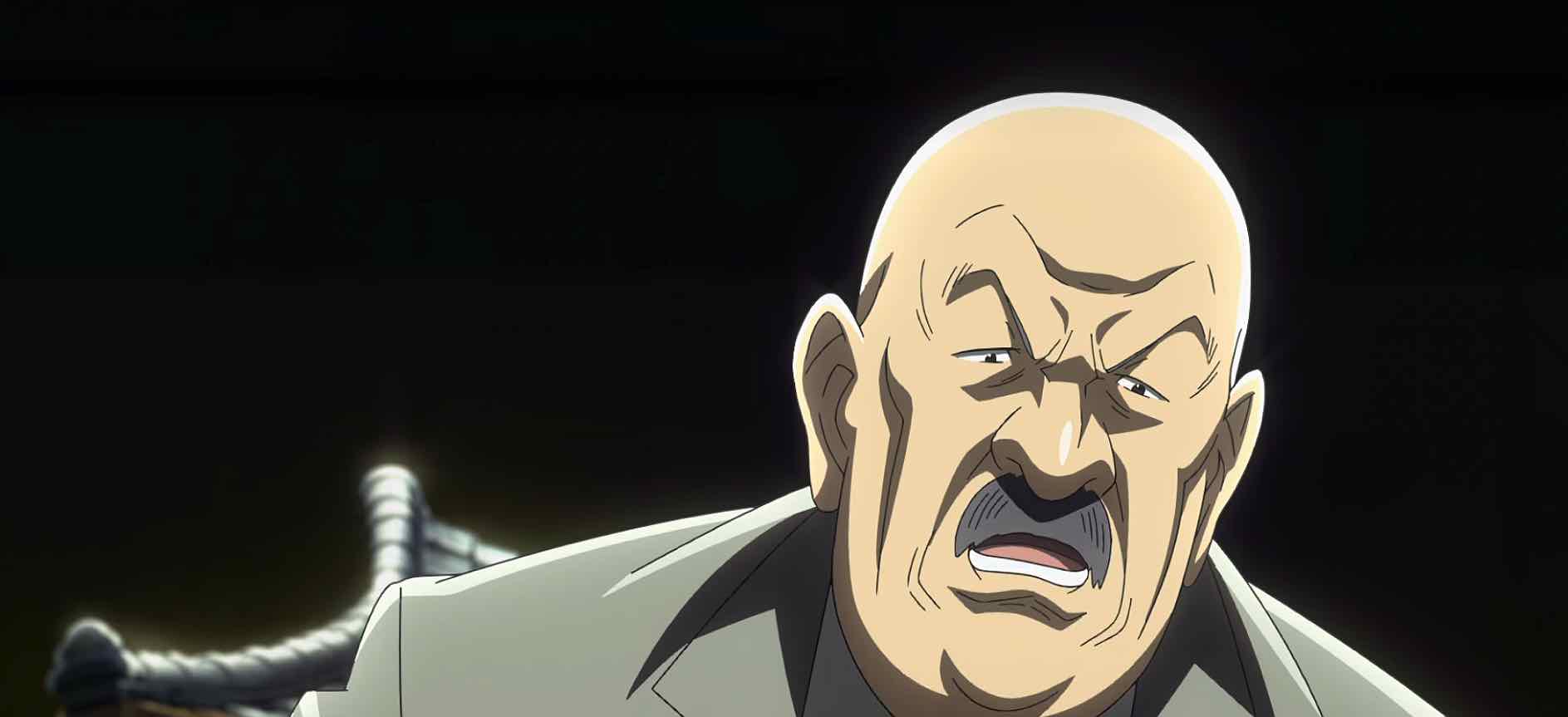
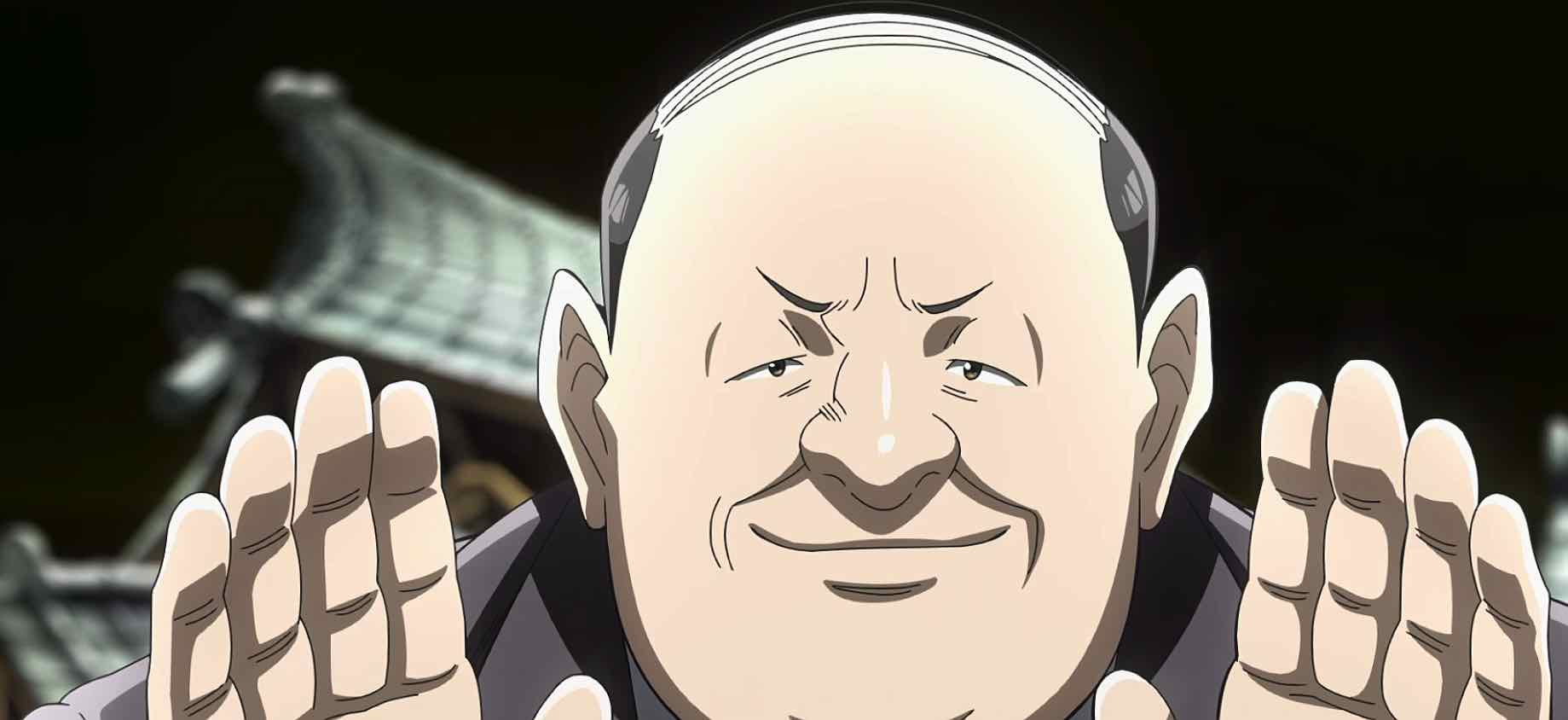
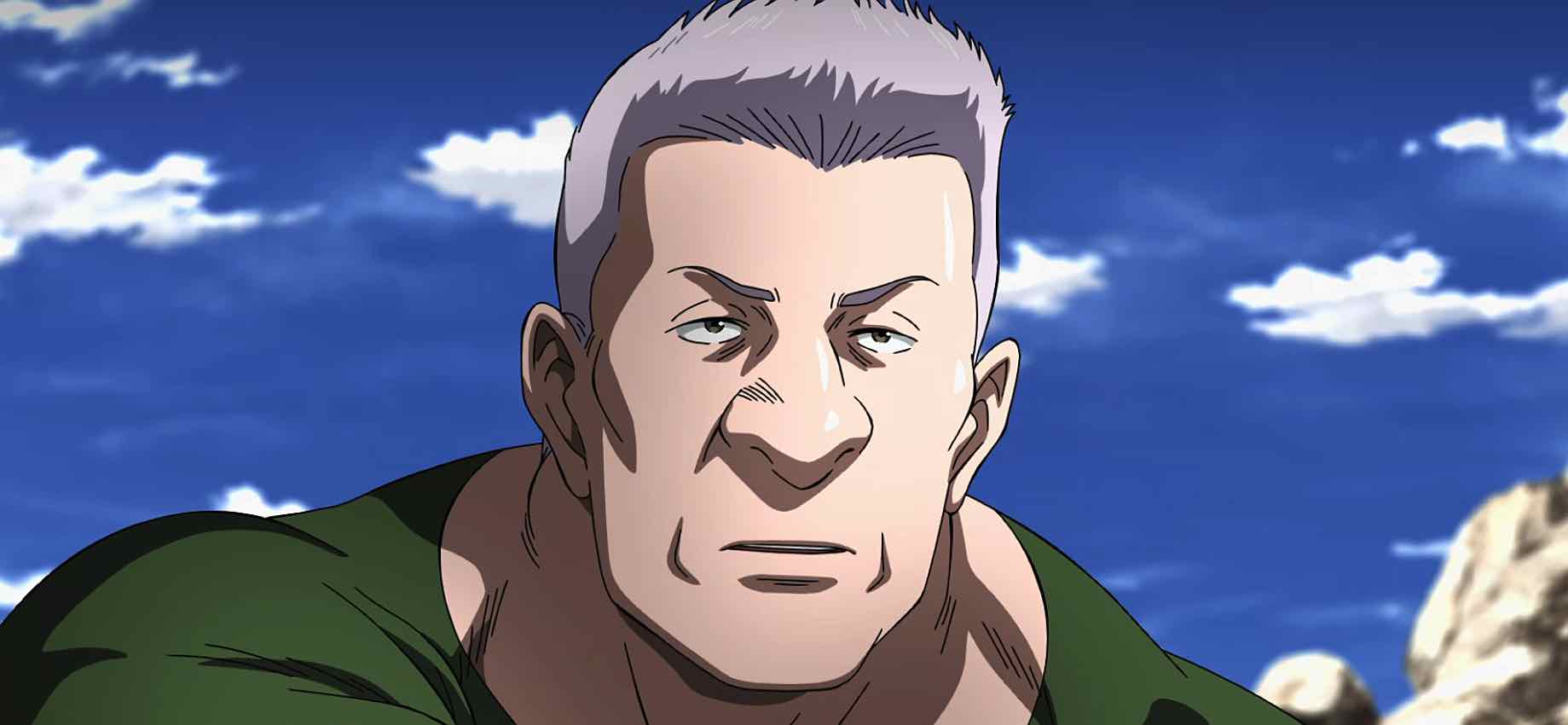

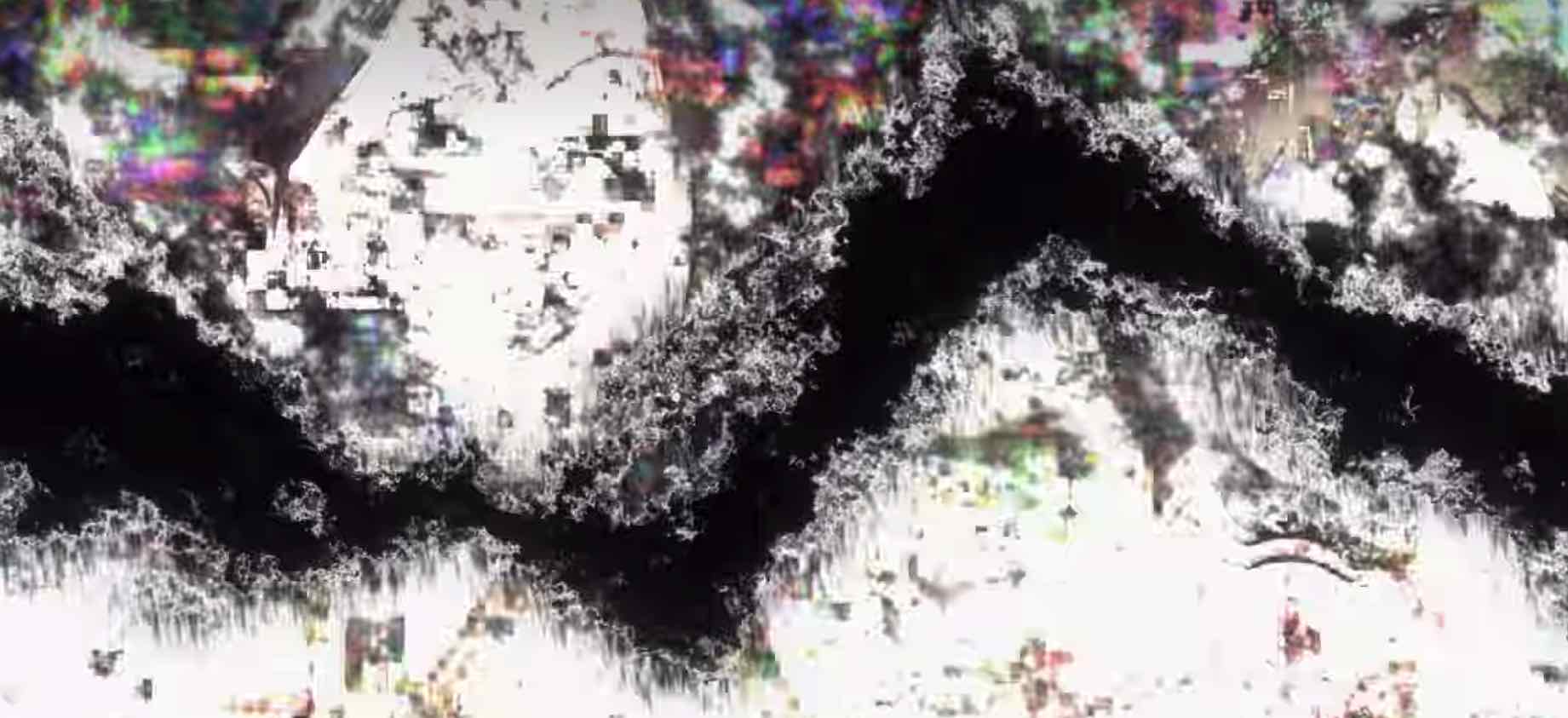
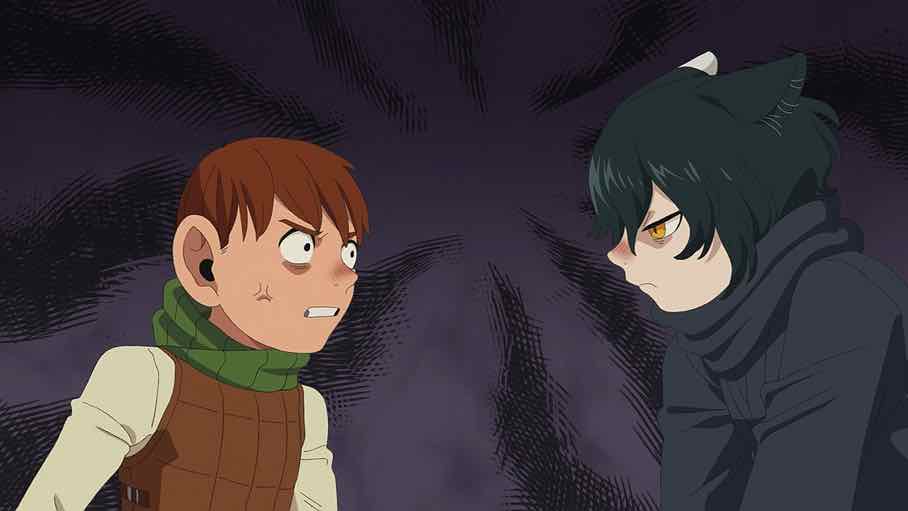
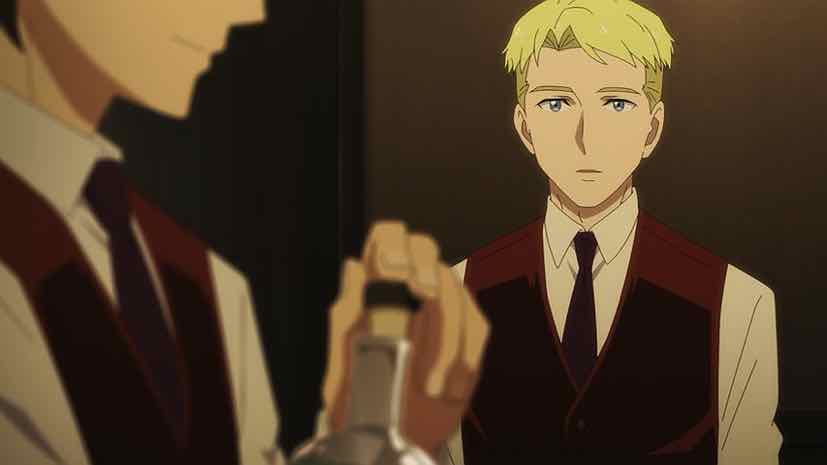
Clara
October 29, 2023 at 1:25 amUh, did you really forget, or is there any reason why you said Ochanomizu created Atom? I think even people who has casual knowledge about Astro Boy know who created Atom and why.
Guardian Enzo
October 29, 2023 at 9:10 amJust exhaustion.
leongsh
October 29, 2023 at 2:21 amAccept to watch it as a daily, instead of a weekly.
Guardian Enzo
October 29, 2023 at 9:10 amNo time even if I wanted.
Ronbb
October 29, 2023 at 4:51 amI can’t resist watching it weekly either. I have finished episode 3, and it’s truly a masterpiece. I feel very blessed to have Pluto on my list. Having said that, I still like Vinland more. I am emotionally attached to the show, the characters and everything. It’s going to be a tough battle for AOTY, and it will come down to personal choice.
Marquis of Caramba
November 3, 2023 at 12:41 amI think a tie could be an option. They’re both so good. As for me, I’ve also seen 3 episodes of Pluto. It’s my ambition on making my watching stretch out thru 3 weeks. Goals…
Snowball
November 4, 2023 at 7:04 pmJust WOW! Powerful storytelling and nuanced characters given the restricted time frame. Gesicht and Atom’s meeting was my favourite scene, powerful, moving with a strong sense of foreboding. It was so endearing and authentic given that they’re both non-human. The voice actors were on point especially Atom’s who captured the mild-mannered, empathetic and sweetness of the character really well. The world-building and character designs are great as well.
I hate binge watching, too, but I couldn’t put this series down because it was so riveting.